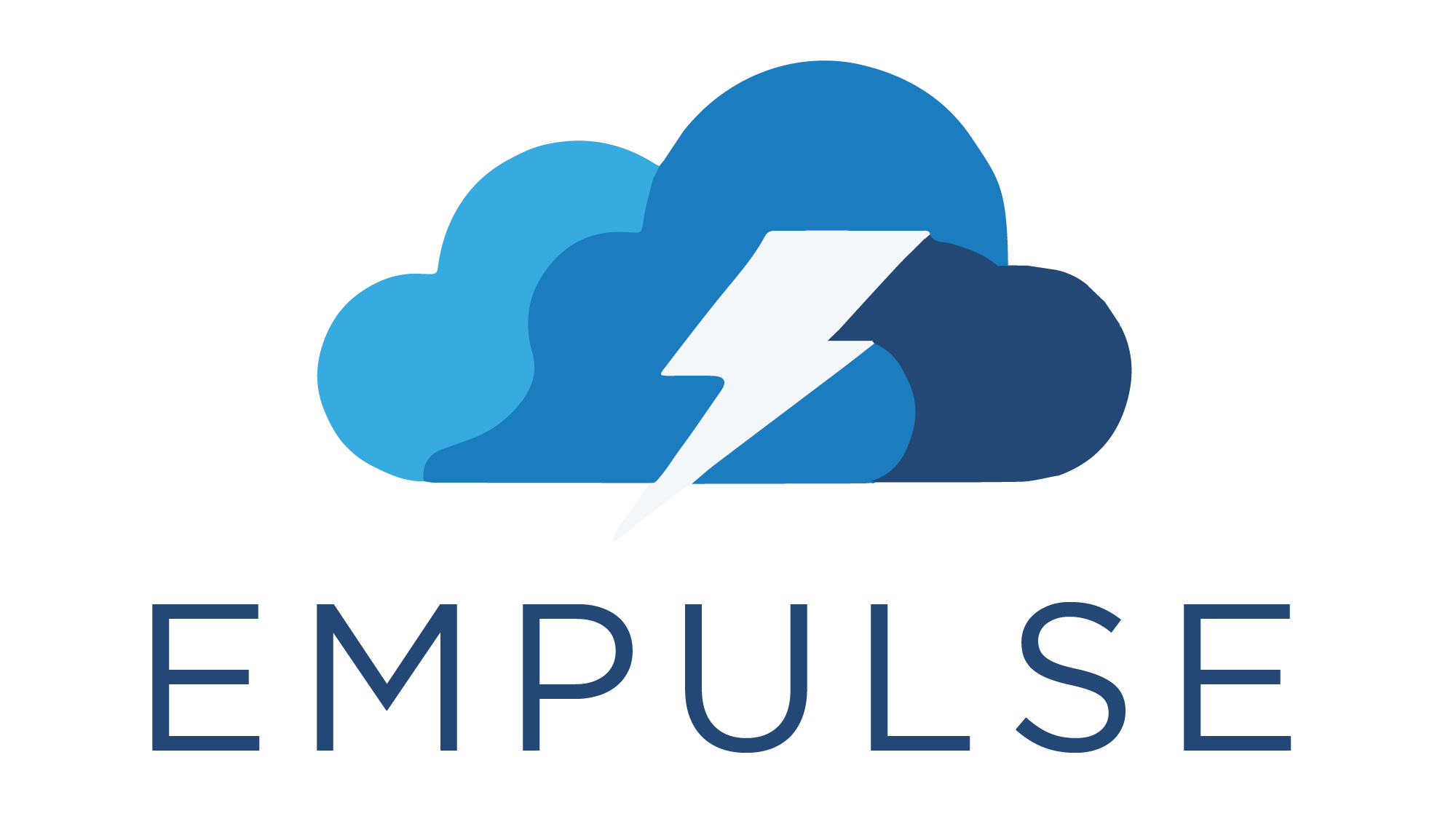empb_score#
- empulse.metrics.empb_score(y_true, y_score, *, clv, alpha=6, beta=14, incentive_fraction=0.05, contact_cost=15, check_input=True)[source]#
empbbut only returning the EMPB score.EMPB presumes a situation where identified churners are contacted and offered an incentive to remain customers. Only a fraction of churners accepts the incentive offer, this fraction is described by a \(Beta(\alpha, \beta)\) distribution. As opposed to
empc, the incentive cost is a fraction of the customer lifetime value, rather than a fixed value. For detailed information, consult the paper [1].See also
empb: to also return the fraction of the customer base that should be targeted to maximize profit.empc_score: for a similar metric, but with a fixed incentive cost.- Parameters:
- y_true1D array-like, shape=(n_samples,)
Binary target values (‘churn’: 1, ‘no churn’: 0).
- y_score1D array-like, shape=(n_samples,)
Target scores, can either be probability estimates or non-thresholded decision values.
- alphafloat, default=6
Shape parameter of the beta distribution of the probability that a churner accepts the incentive (
alpha > 1).- betafloat, default=14
Shape parameter of the beta distribution of the probability that a churner accepts the incentive (
beta > 1).- clvfloat or 1D array-like, shape=(n_samples)
If
float: average customer lifetime value of retained customers. Ifarray: customer lifetime value of each customer when retained.- incentive_fractionfloat, default=0.05
Cost of incentive offered to a customer, as a fraction of customer lifetime value (
0 < incentive_fraction < 1).- contact_costfloat, default=15
Cost of contacting a customer (
contact_cost > 0).- check_inputbool, default=True
Perform input validation. Turning off improves performance, useful when using this metric as a loss function.
- Returns:
- empbfloat
Expected Maximum Profit Measure for B2B Customer Churn
References
[1]Janssens, B., Bogaert, M., Bagué, A., & Van den Poel, D. (2022). B2Boost: Instance-dependent profit-driven modelling of B2B churn. Annals of Operations Research, 1-27.

